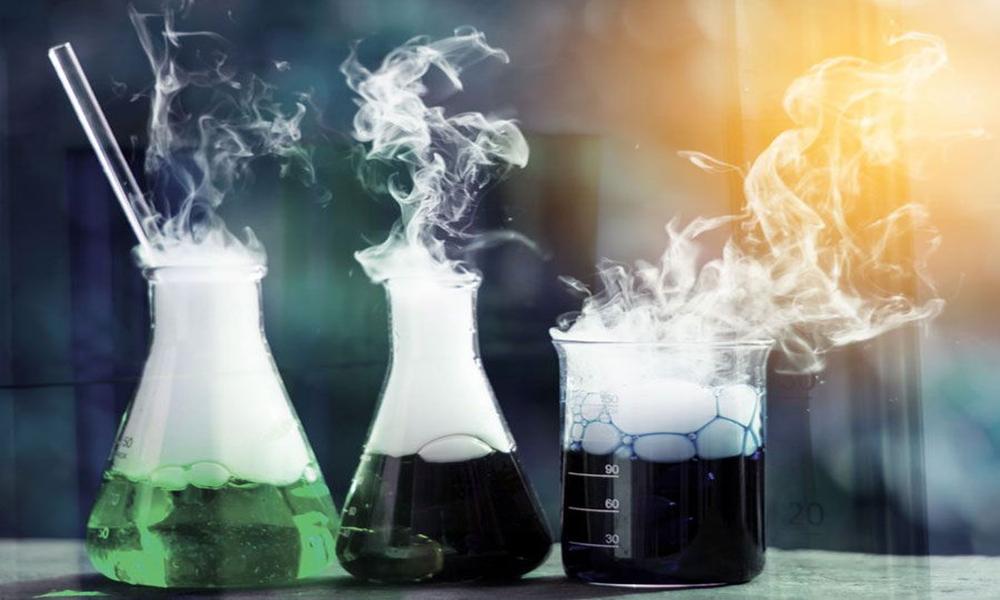BMK Glycidate, also known as Phenylacetone, is a chemical compound with various industrial and logical applications. Its synthesis is a topic of interest for researchers and professionals in the field of chemistry. The chemistry behind BMK glycidate synthesis, investigating the cycle, techniques, and considerations engaged with its creation.
Understanding BMK Glycidate:
BMK Glycidate is a versatile compound utilized in the synthesis of various chemicals, including pharmaceuticals and scents. It is gotten from benzyl methyl ketone (BMK), a forerunner chemical. The synthesis of BMK Glycidate includes several chemical reactions to change over BMK into its glycidate structure.
Key Stages in BMK Glycidate Synthesis:
- Acylation: The starting material, BMK, goes through acylation with a carboxylic acid compound, typically chloroacetic acid, to frame an intermediate compound.
- Esterification: The intermediate compound is then exposed to esterification, where it reacts with an alcohol, usually methanol or ethanol, to frame BMK Glycidate.
- Purification: The subsequent BMK Glycidate is frequently tainted and requires purification processes, like crystallization or distillation, to obtain a great item.
Considerations in BMK Glycidate Synthesis:
- Chemical Safety: The synthesis of BMK Glycidate includes the utilization of potentially hazardous chemicals and reactions. Appropriate safety measures, including the utilization of defensive hardware and adherence to safety protocols, are essential to forestall accidents and openness.
- Quality Control: Guaranteeing the immaculateness and quality of BMK Glycidate is crucial, especially when it is expected for use in pharmaceuticals or other delicate applications.
- Regulatory Compliance: The creation and conveyance of BMK Glycidate may be dependent upon regulatory oversight and legal limitations in certain areas.
- Environmental Impact: The synthesis interaction may generate waste items and side-effects that require legitimate disposal or treatment to limit environmental impact.
Applications of BMK Glycidate:
- Pharmaceuticals: It fills in as a forerunner in the synthesis of pharmaceutical mixtures, including medications and active fixings.
- Aroma and Fragrance: BMK Glycidate adds to the development of fragrances and scents, adding explicit olfactory notes.
- Chemical Research: It is utilized in chemical research and laboratory tests as a versatile starting material.
BMK Glycidate synthesis is an intricate LSD-25 synthesis chemical cycle that requires skill, adherence to safety protocols, and careful consideration of regulatory and environmental factors. Its applications in pharmaceuticals, perfumery, and chemical research feature its significance in various ventures. Understanding the chemistry behind BMK Glycidate synthesis is essential for researchers and professionals looking to harness its potential in their work while focusing on safety and environmental obligation.







